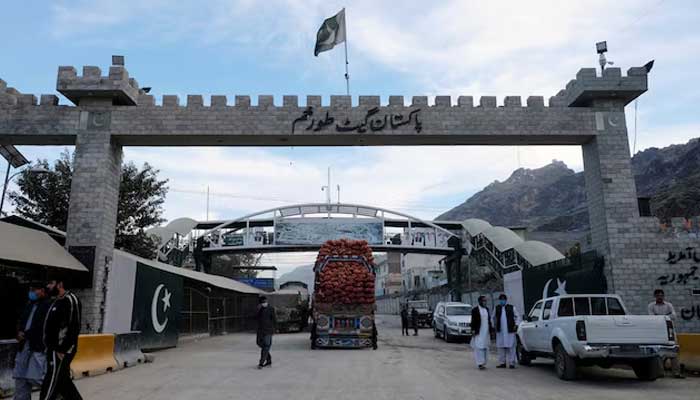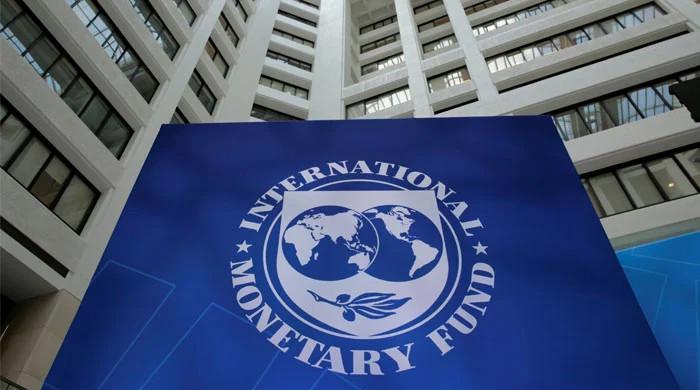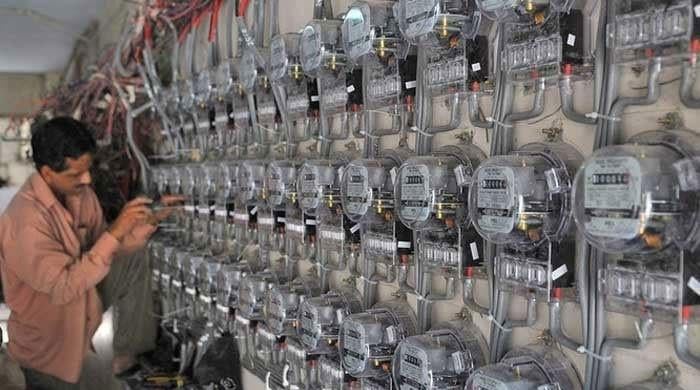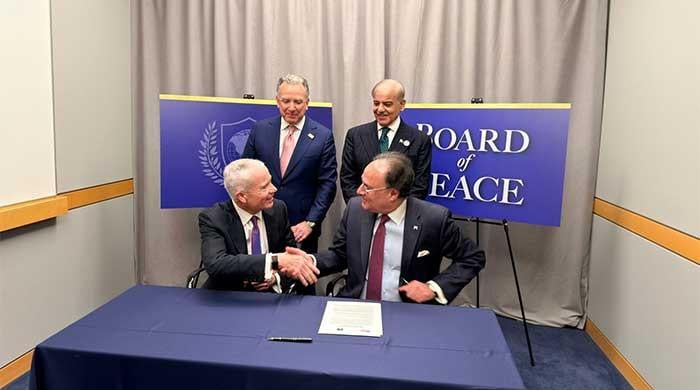Pakistan revises barter trade mechanism with Iran, Russia, and Afghanistan
New mechanism eases conditions for bilateral trade, allowing consortiums and increasing transaction duration
October 19, 2025

- Barter transaction period extended from 90 to 120 days.
- Private firms permitted to form trade consortia.
- ECC approved amendments to the mechanism earlier this month.
Pakistan has implemented a revised business-to-business (B2B) Barter Trade Mechanism with Iran, Russia, and Afghanistan after key amendments aimed at making bilateral trade more business-friendly.
A notification was issued by the Ministry of Commerce, which eased several conditions for barter trade with the three countries.
The requirement of mandatory exports before imports has been relaxed, allowing simultaneous import and export transactions. Private entities have also been permitted to form consortia to facilitate trade under the revised framework.
The duration for completing barter transactions has been extended from 90 to 120 days, while the list of specific items permitted under the mechanism has been abolished.
The updated framework has been aligned with the general export and import policy orders to enhance coherence and implementation.
Pakistan's Ambassador to Iran Muhammad Mudassir Tipu wrote on X today: "I am delighted to share that Pakistan has issued a new SRO aimed at promoting barter trade between Pakistan and Iran."
In a detailed post, he said: "After an exhaustive process of deliberations, many concerns of the business community of both Iran and Pakistan have been taken into account and addressed in the new SRO."
"We hope it will substantially elevate Pakistan-Iran trade & diversify its base. I urge the industry and business community of both countries to take full benefit from the new SRO and help expand the bilateral trade. I also urge Pak-Iran Chambers and Trade bodies to share this SRO with their members, enabling them to gain mutually-beneficial trade dividends."
The measures are aimed at making the barter trade mechanism more practical and business-friendly, sources told Geo News, adding that Pakistan had initially implemented the B2B Barter Trade Mechanism with the three neighbouring countries in June 2023.
However, its enforcement faced multiple operational challenges, as various business groups and stakeholders identified problems linked to restrictions on approved and unapproved products and a narrow list of tradable goods.
The stakeholders also raised concerns about the requirement for contract verification by Pakistani missions abroad, the condition of export before import, and the 90-day settlement limit for customs-approved transactions, all of which had slowed commercial activities and created difficulties for traders.
To address these challenges, the commerce ministry held consultations with both public and private stakeholders, including the State Bank of Pakistan (SBP), the Ministry of Foreign Affairs, the Federal Board of Revenue (FBR), and Pakistan Single Window (PSW), before finalising the amendments.
The Economic Coordination Committee (ECC) of the federal cabinet considered and gave its nod to the draft Statutory Regulatory Order (SRO) based on the ministry's recommendations earlier this month.











